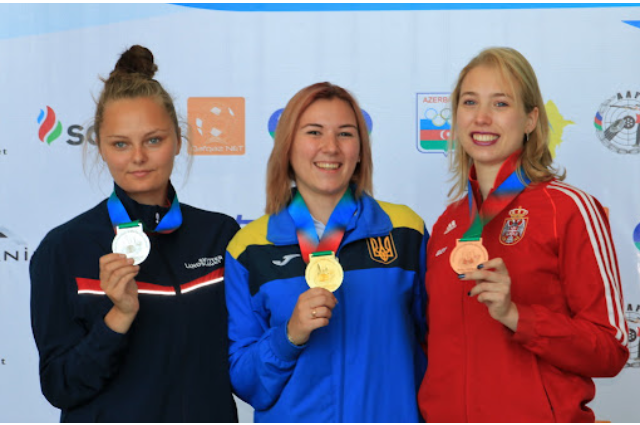It’s a psychologically proven fact that bronze medallists are happier than silver medallists. Olympics are a testing ground of human power and tolerance. It is also a testing ground for other experiments too. For example facial expressions. Researchers revealed the enigma of smirk, glare, and rejected expressions. Facial expressions are the types of gestural communication. These are associated with the emotions that a person feels. It automatically comes on a person’s face.
Facial expressions can be natural or culturally acquired that are used to regulate instinctive expressions. In a nutshell, facial expressions are just a part of being human.

During Olympics, there is an emotional and powerful thing that takes place in that there are first prize winners, second prize winners, and third prize winners, and then everybody else. It’s so interesting to see what the emotions are between the first prize gold, second prize silver, and third prize bronze. The important thing to notice is the expression on people’s faces.
The gold person is absolutely elated because they have managed to achieve something that they have dreamt of their entire life. They put in that effort they came, they conquered, and they performed.
Now, look at the face of the person in second place. This person came second which means he beat every single person except one but their face has a frown, they are upset. They can’t believe that they have lost and that is very powerful because every time people say about coming second, it’s about the first of the losers. They see the person on the first step, winning the gold and they wish it was them.
But now look at the expression on the face of the person winning the bronze medal. The person on the bronze medal face is almost equal to if not as happier than the person wining gold. It happens because, in the mind of the person winning bronze, they managed to get on the top of the podium. In their mind, they are winners.
Researchers composed of psychologists Victoria Med beck, Cornell University, Thomas Gilovich, and Toledo University. Scott Medi took video footage of the 1992 summer Olympics in Barcelona, Spain. They recorded the medal ceremonies and showed them to undergraduate students as well as footage from the athletic competitions immediately following the announcement of the winners. They ask them to rate the happiness displayed by each of the medallists on a 10 point scale with 1 being ‘agony’ and 10 being ‘ecstasy’.
As a result, the silver medallists scored 4.8 and the bronze medallists scored 7.1 immediately following the announcement. Later in the day, at the medal ceremony, the silver medallists scored 4.3 on the happiness scale while the bronze medallists scored 5.7. Statistical analysis proved that both, immediately after winning as well as later at the medal ceremony, bronze medallists were visibly happier than the silver medallists.
What’s the reason behind this? This is because the object of comparison is different. A silver medallist compares himself to a gold medallist, but a bronze medallist compares himself to a player who loses in the competition. We must not forget that the first secret of happiness is not to compare ourselves with others.
Clinical psychotherapists believe that a person’s health in any condition is based on how these conditions differentiate with those with whom the person desires to compare them. Also, their future performances affect due to counterfactual thinking which overwhelms the pleasure by considering the missed opportunities. Inferior comparison results in positive self-evaluation and comes up with condolence. On the other hand, superior comparison leads to refine the upcoming acts.
Ideally, a silver medallist should be happier than a bronze. But human mind does not work like mathematics. This happens because of the phenomenon of counterfactual thinking, a concept in psychology in which there is a human tendency to create possible alternatives to life and life events that have already happened that would be contrary to what happened.
Silver medallist thinks ‘‘Oh, I couldn’t win the gold medal’’. Bronze medallist thinks ‘’At least I got a medal’’. The silver medal is one after losing, but the bronze medal is the one after winning. So, see the difference. It happens in our actual life as well. Potential winning is the problem. So ask yourself what are things that you have potentially lost and that are holding you back because now you are sad about them. Now see how you can tweak them and change them for the future. A beautiful habit is learning how to see all the things that you have got instead of all the things that you have lost. It gives you a sense of satisfaction and more importantly, it gives you a reason to celebrate.
